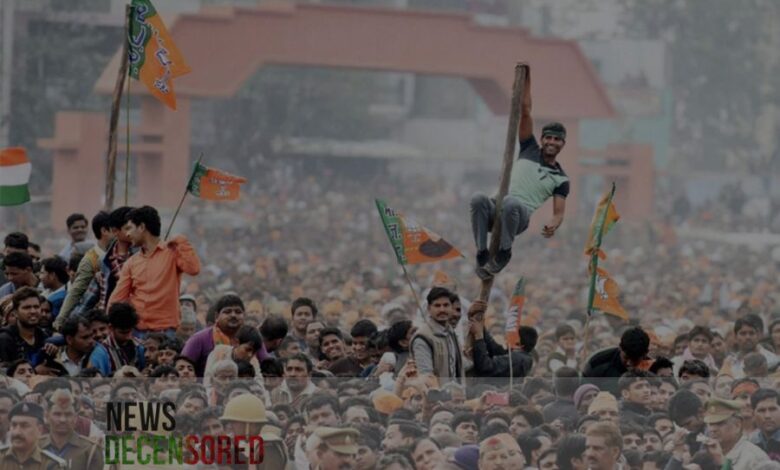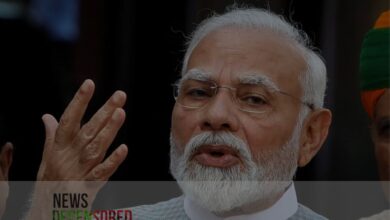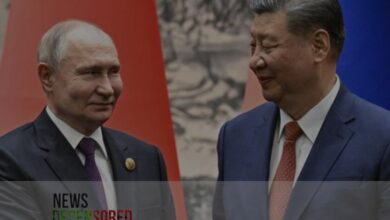Rising Hindu Nationalism during Elections Creates Fear Among the Muslims in India

In the heart of Varanasi, India’s holy city, the glistening Ganges reflects a nation grappling with its soul. Hindu devotees bathe in the sacred waters while the melodic call to prayer from the nearby Gyanvapi Mosque hangs in the dusty air. Yet, beneath this seemingly harmonious tapestry lies a growing tension – a fear that permeates the lives of Varanasi’s Muslim community.
Prime Minister Narendra Modi’s rise to power a decade ago promised development and a fight against corruption. But for many Muslims, his Bharatiya Janata Party (BJP) has become synonymous with a Hindu nationalist agenda, threatening the secular fabric of India.
Sana Sabah, a 33-year-old entrepreneur celebrating Eid with her family, expresses her trepidation. “It’s scary that someone like Modi… is not only celebrated but validated,” she says. “The Hindu right wing isn’t even trying to hide it anymore. And it’s troublesome.”
This fear is not unfounded. With India’s general election underway, over 200 million Muslims – a significant portion of the population – face an uncertain future if Modi secures a third term.
A Legacy of Neglect and Hate Crimes
Walking through the historic city, one encounters tales of neglect and a growing vulnerability. Local Muslim leader Syed Mohammad Yaseen, 78, feels betrayed by the government. “The worst will happen (if Modi gets re-elected),” he says from his office. “We are tolerating these things, and maybe one day, there can be change. But we are hopeless.”
The Gyanvapi Mosque itself stands as a symbol of this discord. A centuries-old mosque, it’s now at the centre of a legal battle that tests India’s secular principles. Muslims fear the case could follow the path of the Babri Mosque demolition in 1992, a pivotal event that fueled Hindu nationalism.
Hindu Nationalism on the Rise
The BJP’s roots lie in the Rashtriya Swayamsevak Sangh (RSS), a right-wing group advocating Hindu supremacy. While the BJP denies discrimination, its actions speak otherwise. Hindu nationalists hold vital positions in government institutions, enabling changes to legislation seen as unfairly targeting Muslims. Textbooks are rewritten to downplay Muslim history, and authorities demolish Muslim properties.
Living in Fear: Daily Struggles and Hate Speech
The impact goes beyond policy changes. Nasir Ali, a resident of Delhi, recalls being shot during anti-Muslim riots in 2019. He believes it was because of his faith. Many Muslims, like Usman, who recently moved to Rajasthan for work, face discrimination when searching for housing. Social media paints a grim picture – videos of policemen kicking praying Muslims and hate speech becoming increasingly normalised.
A Call for Tolerance and Unity
Amidst the fear, some voices urge for unity. Vishwambhar Nath Mishra, a Hindu priest, believes Modi’s rhetoric is tearing apart the social fabric of Varanasi. He emphasises the city’s history of religious harmony and calls for open dialogue.
The Future of India
As India votes, a crucial question hangs in the air: Will the nation uphold its secular principles, or will it succumb to the forces of Hindu nationalism? The fate of Varanasi’s Muslims and the soul of India itself rests on the outcome.




